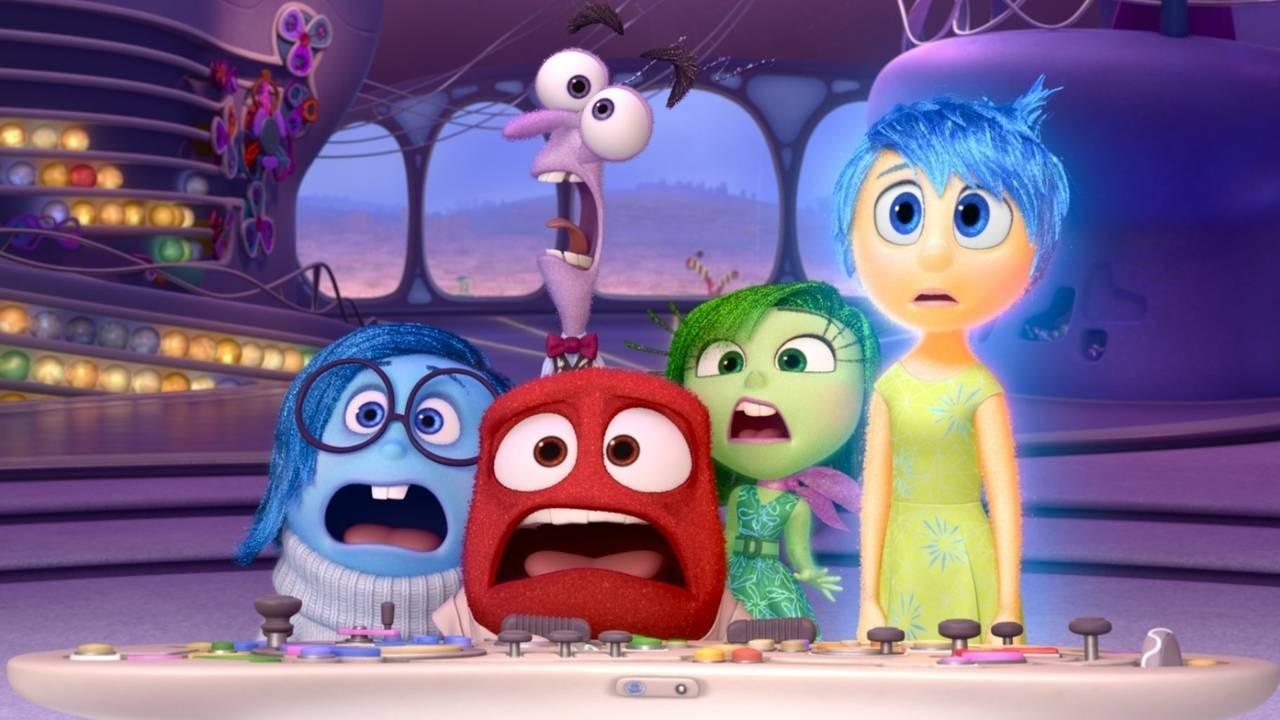Self Awareness Brings What Is Inside Out

Do you know that the movie “Inside Out” was born out of a father’s confusion of his teenager’s attitude?
The film’s director and writer, Peter Docter, wanted to make a movie out of his effort to understand his child, but his consultations with several psychologists led him to focus the movie on the neuropsychological findings that human emotions can be managed and that they are real and we can educate them.
The movie turned out to be a graphical representation of what’s happening in the world inside of us when we engage the world outside of us.
Putting the movie aside, are we really that conscious of this world within us?
Behavioural psychologists term this the capacity to give attention to our inner world as self-awareness.
• It enables us to identify our feelings and to connect these to their sources.
• It makes us aware of their effects on our minds and bodies and on our relationships.
• It enables us to harness our feelings to gain more understanding on the things happening around us.
Daniel Goleman, author of the book, “Emotional Intelligence,” put it as, “….the ability to monitor our inner world – our thoughts and feelings.”
According to behavioural psychologist Kendra Cherry, “It is a psychological state in which oneself becomes the focus of attention”
What is the end goal of self-awareness?
When we are aware of how our feelings affect our reasoning, thinking, and ways of interacting with other people, we can master and harness them for our benefit and for the benefit of others.
• It affords us new perspectives from which to assess things and creative ways to address concerns. Since it transforms how we think it gives us the opportunity to transform our behaviours.
• We can identify what limits us and what can make us go beyond our limitations.
• It allows us to determine our dysfunctional bents as we become aware of how we react under pressure.
• It’s understanding why we do things the way we do. Self-awareness enables us to lead others to success as we overcome our own challenges.
Like an iceberg in an ocean, our full potential lies beneath our fragile physique and without self-awareness we are just tapping the surface of it.
According to our partner Dr Laura Belsten, founder of the Institute for Social + Emotional Intelligence in Denver Colorado, self-awareness is developed through the following 3 competencies:
Emotional awareness: Recognizing one’s emotions and their effects
Accurate self-assessment: Knowing one’s strengths and limitations
Personal Power: A strong sense of one’s self-worth and capabilities; self confidence
People with this competence can tell when they are getting upset. They can label their emotions, identify the reasons behind them, and recognize their connection to their actions or performance. They are articulate with their feelings and know how to express them properly.
Those who are not competent in this area experience anxiety attacks and they don’t usually mind finding out the cause. They fail to connect to their bodies’ abnormal and sometimes painful messages such as pains on the lower back, neck or shoulder, palpitations, and sweaty palms. They treat people harshly as they easily get angered, frustrated and irritated. Juggling family, work, social life and health stresses them as they accept responsibilities without thinking if they are aligned with their personal goals and values.
So how is self-awareness developed?
Although it is central to our being, researches have shown that it is not inborn nor is it a one-time accomplishment.
Daily, life offers us the choice to be self-aware or not. It is a conscious undertaking that we give time and effort to. It is a skill that we need to practice. And the more we practice it, the more familiar it becomes.
Goleman suggests that the first step to developing self-awareness is to practice being conscious of our body’s reaction to situations—how our heart rate changes, how our muscles stiffen or how they tremble, how are skin sweats.
Neuroscientists label this as interoception or the perception of internal signals on the body. In his own words: “Mindfulness is one method for enhancing this essential capacity – it trains our attention to notice subtle, but important signals, and to see thoughts as they arise rather than just being swept away by them.”
According to Bill George, a professor of Management Practice, and a Fellow of Ethics: “…. it requires a deep understanding of your past and current self… Experiences shape how we see the world. So, we have to reflect on how the world has shaped us.”
He suggests the following for our self-awareness development:
1. Understand your life story.
2. Create a daily habit of self-reflection.
3. Seek honest feedback.
Let’s be honest here. The movie simplified for us the world of emotions but it is far more complex in reality. Let’s not wait for our lives to get too complicated before we start our journey to our inner selves.
Contact us today to start your journey of Self Awareness.
Let's start a conversation!
Contact us to see how we can partner with you to bring out the best in your people.
We hate SPAM. We will never sell your information, for any reason.



